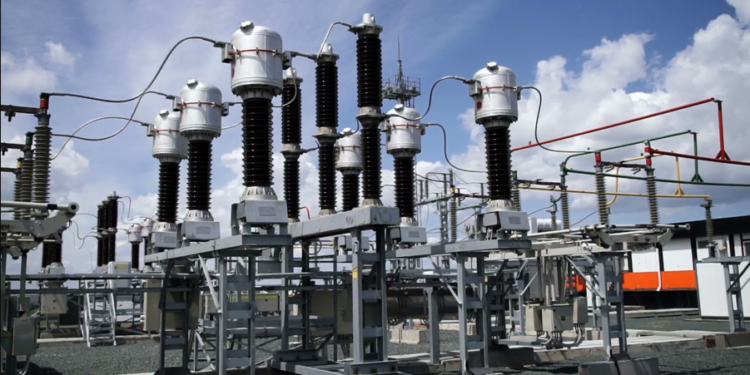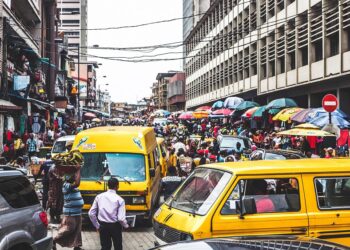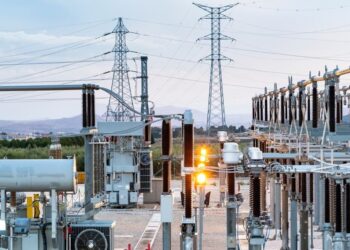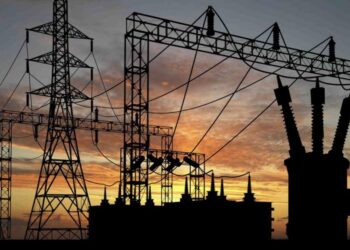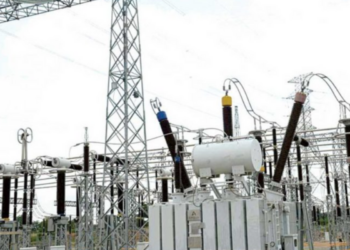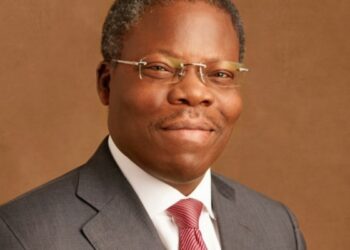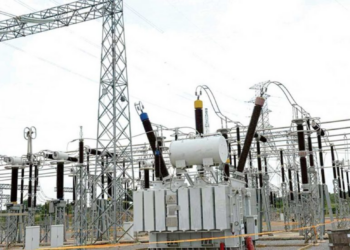The federal government, through the Nigerian Electricity Regulatory Commission (NERC), has approved a hike in the electricity rates for consumers categorized under Band A.
This is contained in a press statement by the Vice Chairman of NERC Musliu Oseni on Wednesday.
Oseni, the Vice Chairman of NERC, stated that the tariff hike would result in customers paying N225 per kilowatt hour, up from the existing N66.
He mentioned that these customers account for 15% of the 12 million electricity consumers in the nation.
He further stated that due to the failure to meet the necessary electricity supply hours, the commission has moved some Band A customers to Band B.
- “We currently have 800 feeders that are categorised as Band A, but upon reviewing those feeders’ performance, the Commission has now reduced it to under 500. This means that 17% now qualify as Band A feeders. These feeders only service 15% of total electricity customers connected to the feeders.
- “The commission has issued an order which is titled April supplementary order taking effect from today.
- The commission now reviewed further the application by the distribution companies and have decided that only the 17% feeders and less than 15% customers will be affected by any rate increase that the commission will ever approve for the distribution company.
- The order takes effect from today and in that order the commission has approved a rate review of N225 per killowatt hour for just under 15% of the customer population in NESI. That means that less than 15% of the customers will be affected.”
He, however, said that the review would not impact customers in the other Bands.
Backstory
Earlier, Nairametrics reported that the federal government is set to implement a close to 300% increase in electricity tariffs soon, with the objective of drawing investment into the sector.
Sources with the knowledge of the situation stated that electricity firms may hike tariffs for those in urban areas to N200 per kWh, up from N68. Those in urban centres represent just 15% of the population but reportedly consume around 40% of the nation’s power the anonymous source said.
In addition, the Special Adviser to the President on Information and Strategy, Bayo Onanuga told Bloomberg that NERC would announce a price increase soon and the government cannot speak on the matter for now.
- “The regulator will make any pronouncements based on its discussion with the distribution and generating companies. The presidency cannot say anything at this stage,” Onanuga said.

